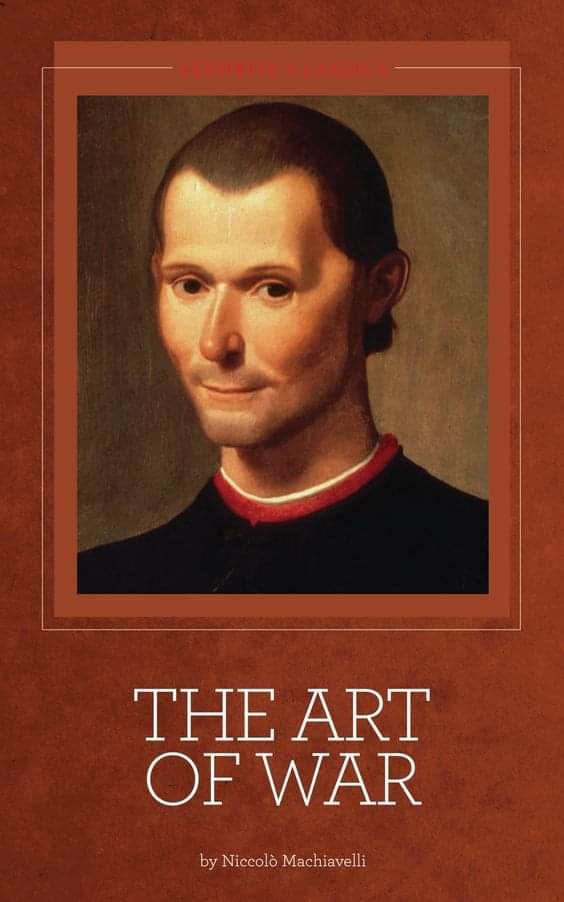Niccolò Machiavelli's "The Art of War" is a profound exploration of strategy, leadership, and the complexities of power.
Niccolò Machiavelli's "The Art of War" is a profound exploration of strategy, leadership, and the complexities of power. Rooted in Renaissance warfare, its insights transcend time and context, offering valuable lessons for various fields, from politics to personal success.
Summary:
Spanning 14 chapters, this work delves into military preparation, army dynamics, intelligence, deception, and the psychology of warfare. Machiavelli emphasizes the criticality of understanding one's enemy, adapting to shifting circumstances, and employing both force and cunning strategically. He highlights the significance of discipline, morale, and effective leadership, suggesting that victory often extends beyond mere physical strength.
Analysis:
1. Power Through Knowledge: Emphasizing the necessity of understanding the political and social terrain, Machiavelli advocates for thorough intelligence gathering and analysis, crucial for navigating complex power dynamics.
2. Adaptability and Flexibility: He advises against rigid strategies, promoting flexibility and improvisation to counter unexpected challenges and exploit emerging opportunities.
3. The Art of Deception: Machiavelli doesn't hesitate to endorse deception as a tactical tool, proposing the use of misdirection, feints, and misinformation to outmaneuver opponents without direct confrontation.
4. Leadership and Morale: The importance of inspirational leadership, discipline, and unity is underscored, emphasizing a leader's role in maintaining the spirit and well-being of their followers.
5. Beyond the Battlefield: Machiavelli's principles, while centered on war, are applicable in various competitive scenarios. Strategies like understanding power dynamics, adapting to changes, and strategic communication prove invaluable in business negotiations and personal conflicts.
6. The Morality of Power: The book's amoral stance on victory, irrespective of means, invites criticism. However, it also realistically portrays the intricacies of power and the ethical dilemmas inherent in real-world decision-making.
"The Art of War" remains a captivating study of power, strategy, and leadership. While it may not serve as an ethical handbook, it provides critical insights into the dynamics of human competition and strategies for success. Machiavelli's teachings, though rooted in the context of warfare, continue to offer guidance for those navigating the intricate world of power and seeking achievement, whether on the battlefield or in the boardroom.


